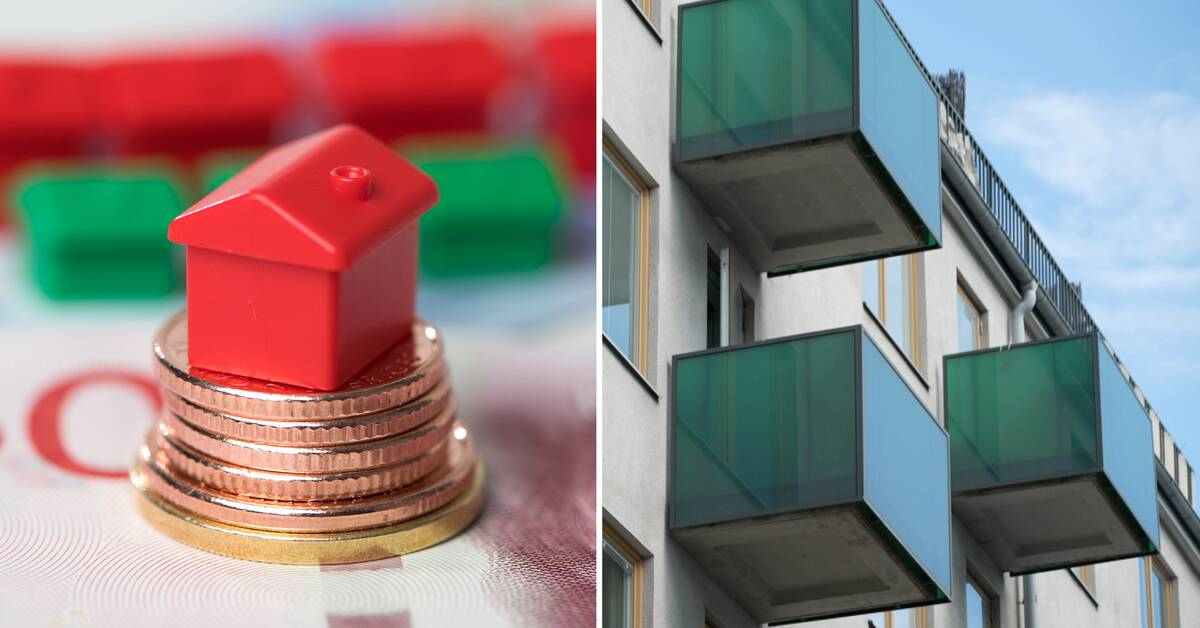- The problem is that if politicians have not succeeded in doing so when interest rates have been so extremely low, it will be even more politically impossible to do so in the future.
This in turn means that the Treasury loses and that the redistributive effects of the interest deduction remain, says Klas Eklund, senior economist at Mannheimer Swartling.
Criticism from the European Commission
Klas Eklund points out that the interest deduction particularly benefits highly mortgaged homeowners and tenant-owners, while, for example, tenant-owners do not receive any of the benefits of an interest deduction on mortgages.
Interest deductions on mortgages have been criticized, among others, by the European Commission, the Governor of the Riksbank and many economists for having fueled the rise in prices in the housing market.
In practice, the state pays 30 percent of the interest cost of a mortgage.
Last year, the central government's cost of mortgage interest was around SEK 17 billion.
With double mortgage rates in a few years, the state's cost will increase by about the same amount.
KD: "Saw risks with debt build-up"
During the term of office, most parliamentary parties have wanted to reduce interest deductions on mortgages, while the two largest parties have so far not been so keen on the idea.
But now that mortgage rates have begun to rise, almost all parties have dropped the issue.
The interest deductions may remain.
One party that has previously demanded tapered interest deductions is the Christian Democrats.
It is economic development that has contributed to this.
- We wanted to reduce the interest deduction because we saw risks with a rapid and large debt build-up that also drove up prices.
But in this situation, we do not think it is appropriate to do this as households are so pressured by high interest costs.
It is a pity because if we had done it earlier, we would have been better equipped today, says Jakob Forssmed (KD), economic policy spokesman for the Christian Democrats.

